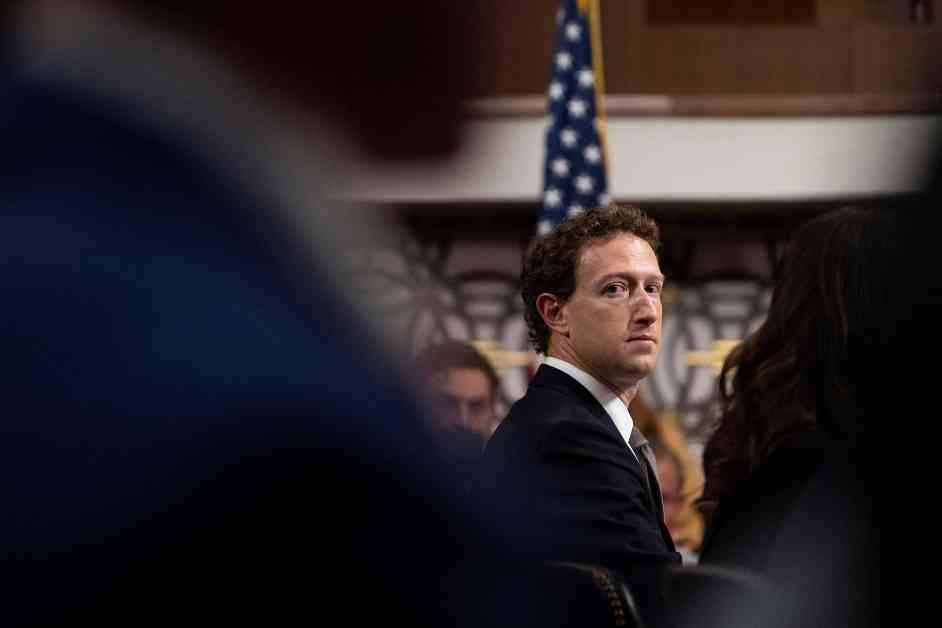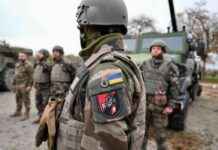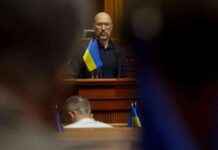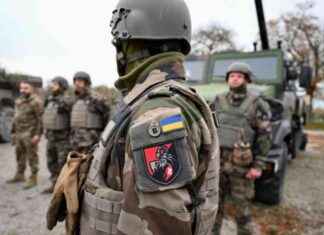Meta’s Decision Sparks Concerns Over Russian Influence
In a recent announcement, Meta’s CEO Mark Zuckerberg revealed plans to replace professional fact-checkers with a community-based system, sparking concerns over the potential impact on Russian disinformation in Ukrainian newsfeeds. This decision has raised alarm bells among experts who fear the unchecked spread of propaganda across Meta’s platforms.
Expert Insights: The Risks of Unchecked Disinformation
As a co-founder of StopFake.org, a Ukrainian fact-checking organization, I have witnessed firsthand the dangers of allowing misinformation to run rampant on social media platforms. The shift towards a community-based fact-checking model could open the floodgates for Russian propaganda, putting Ukrainian citizens at risk of being exposed to unchecked falsehoods.
Zuckerberg’s justification for this change, citing the need to “restore free speech” and eliminate “censorship” and “bias,” has been met with skepticism by fact-checkers who emphasize their role in providing accurate information and context to combat false narratives. Without fact-checkers to verify the authenticity of content, sophisticated disinformation campaigns could easily manipulate public opinion and distort reality.
The Implications Beyond Ukraine
While the immediate impact of Meta’s decision is felt in Ukraine, the consequences extend far beyond its borders. Russian troll farms have a track record of targeting elections in various countries, including the United States, with false narratives aimed at manipulating public perception. The use of AI-generated content to spread disinformation underscores the sophistication and scale of these operations.
The rise of fake news websites mimicking legitimate sources, coupled with the creation of fake social media profiles to amplify false narratives, poses a significant challenge for users trying to discern fact from fiction. The coordinated efforts of disinformation campaigns like Doppelganger highlight the need for robust fact-checking mechanisms to counter the spread of propaganda.
Personal Reflection: The Human Cost of Disinformation
As someone deeply invested in the fight against disinformation, I can’t help but feel a sense of urgency in addressing the risks posed by unchecked propaganda. The stories fabricated about President Zelenskyy and his family serve as a stark reminder of the real-world consequences of misinformation. Behind every fake news headline lies a web of deceit designed to erode trust, sow discord, and manipulate public opinion.
The impact of disinformation goes beyond shaping narratives – it can have life-threatening consequences, as seen in the case of the Rohingya genocide fueled by hate speech on social media. The role of fact-checkers in debunking false claims and providing accurate information is not just about upholding truth; it’s about safeguarding democracy, protecting human rights, and preventing the spread of harmful narratives that can incite violence.
In a world where truth is increasingly under siege, the need for reliable sources of information and trustworthy fact-checking mechanisms cannot be overstated. As we navigate the digital landscape filled with competing narratives, the choice becomes clear: do we prioritize truth and accountability, or do we risk falling prey to a world where deception reigns supreme? The answer lies in our collective commitment to upholding the integrity of our information ecosystem and countering the spread of disinformation at every turn.

















